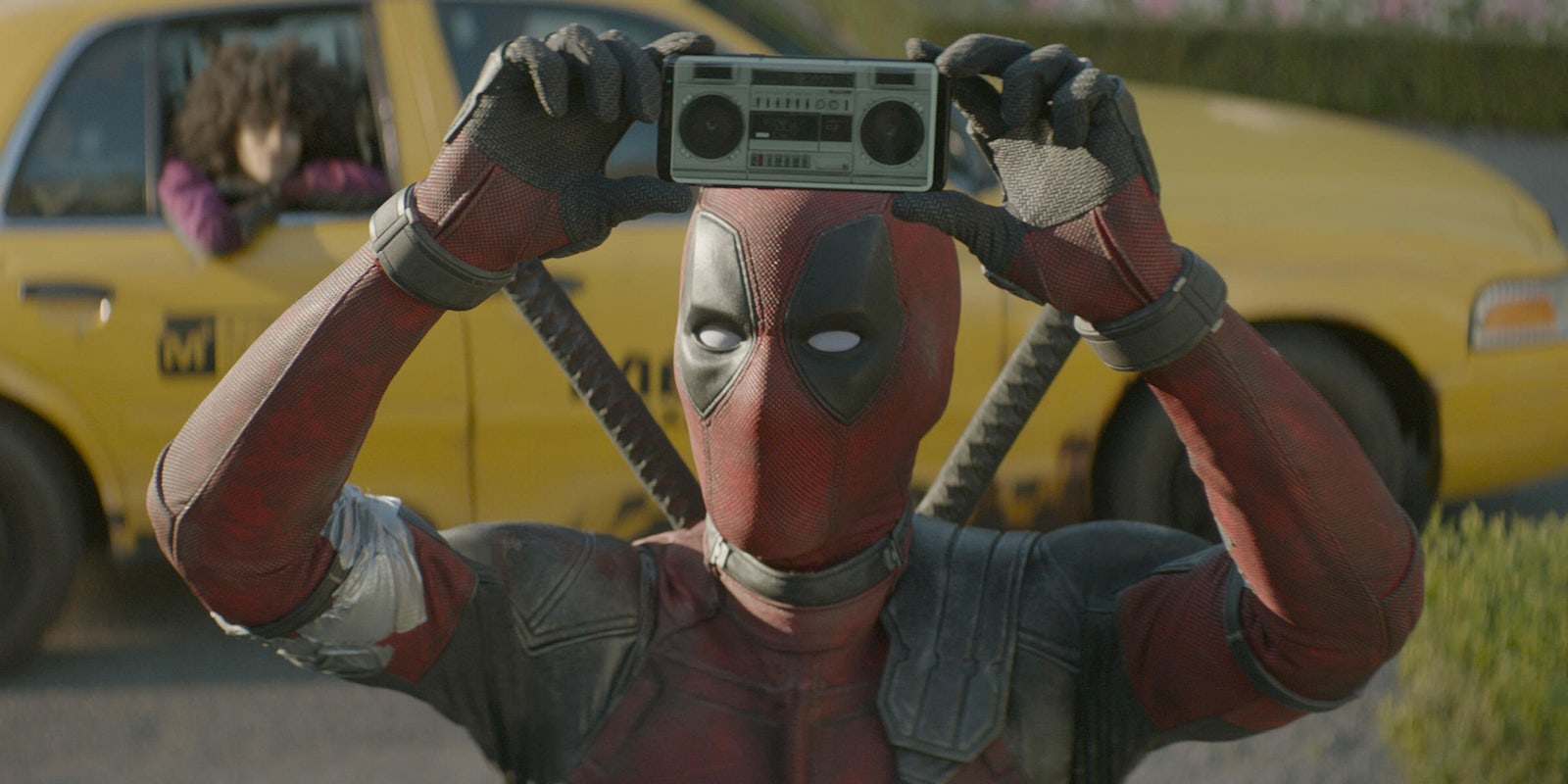This post includes spoilers for Deadpool 2.
The writers of Deadpool 2 just admitted they don’t know what “fridging” is. In the grand scheme of things, that’s nowhere near as embarrassing as, say, not being able to name your local elected representative. However, it’s pretty awkward when your literal job involves recognizing pop culture tropes—and particularly troubling for a box-office giant that grossed $301 million worldwide over the weekend.
DC Comics writer Gail Simone coined the term “women in refrigerators” to describe an all-too-popular trope in superhero comics, where a female character dies to motivate the male lead. It’s generally seen as a cheap and sexist move, and it appeared in full force during Deadpool 2. Vanessa, Deadpool’s girlfriend, dies violently within the first few minutes. That’s the impetus for Deadpool’s emotional arc; a textbook example of what fans refer to as a “fridged girlfriend.” Then when Cable joins the cast, we learn that he’s also motivated by fridging. He’s on a quest to avenge his wife and daughter, who were murdered by a mutant supervillain. Basically, the whole film is about men using violence as a problem-solving tool after the women in their lives met violent ends.
“We didn’t know what fridging was.”
In an interview with Vulture, screenwriters Rhett Reese and Paul Wernick gave a clumsy response to this critique.
“I would say no, we didn’t even think about [fridging]. And that was maybe our mistake, not to think about it. But it didn’t really even occur to us,” said Reese. “We didn’t know what fridging was.”
He added that while earlier drafts involved a breakup instead of a tragic death for Vanessa, they decided that “Deadpool kind of works best when he’s had everything taken away from him.” This is the definition of fridging. It characterizes women as things to be taken away from men, in order to give them emotional motivation. Later in the interview, Wernick actually refers to Vanessa as a thing: “The only thing Deadpool cares about,” and “the only thing to really take away from him.”
“Maybe that’s a sexist thing. I don’t know,” said Reese. “I don’t think that that’ll be a large concern.”
Wernick and Reese don’t seem to understand how embarrassing this is for them. The whole point of Deadpool is to poke fun at superhero tropes. That includes some pretty deep cuts, like joking about Deadpool co-creator Rob Liefeld’s inability to draw feet. Yet somehow, they haven’t heard the phrase “fridged girlfriend,” a household term in comics fandom. And even without the slang terminology, they don’t recognize it as an overused trope. The concept of sexism “didn’t even really occur” to them when killing off Vanessa.
This is the screenwriting equivalent of finding out a guy has never had a female friend. Reese and Wernick (and director David Leitch, and Ryan Reynolds, who has a screenwriting credit) know so little about women in superhero comics that they don’t recognize the genre’s most infamous sexist trope. Who knew that the writers behind such a beloved franchise would turn out to be fake geek boys?
H/T Vulture


